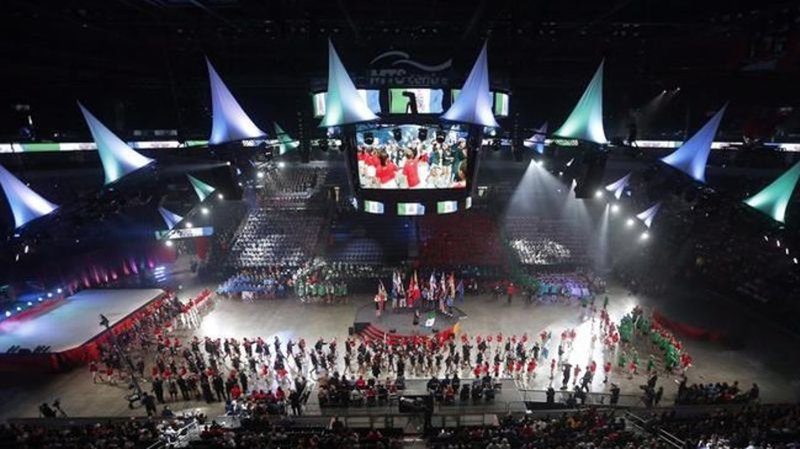
Another COVID-19 postponement: Canada Summer Games pushed back to 2022
With the health and safety risks around COVID-19, and the inability to deliver a “phenomenal” event, the Niagara 2021 Canada Summer Games have been postponed until 2022.
The Canada Games Council (CGC) and Niagara Host Society announced the decision Wednesday after consultations with the Niagara Region in southern Ontario, and the provincial and federal governments.
“Like everyone else in sports events and the world generally we’ve all been watching how the pandemic unfolds, and following all the updates, trying to do our contingency planning and assess what impact it would have for us,” said Dan Wilcock, the CGC’s president and CEO.
“The Canada Games is a very large event . . . A lot of preparation goes into it. And we’ve been staying in close contact with all our all our various stakeholders trying to assess what a Games looks like in the context of the pandemic.”


